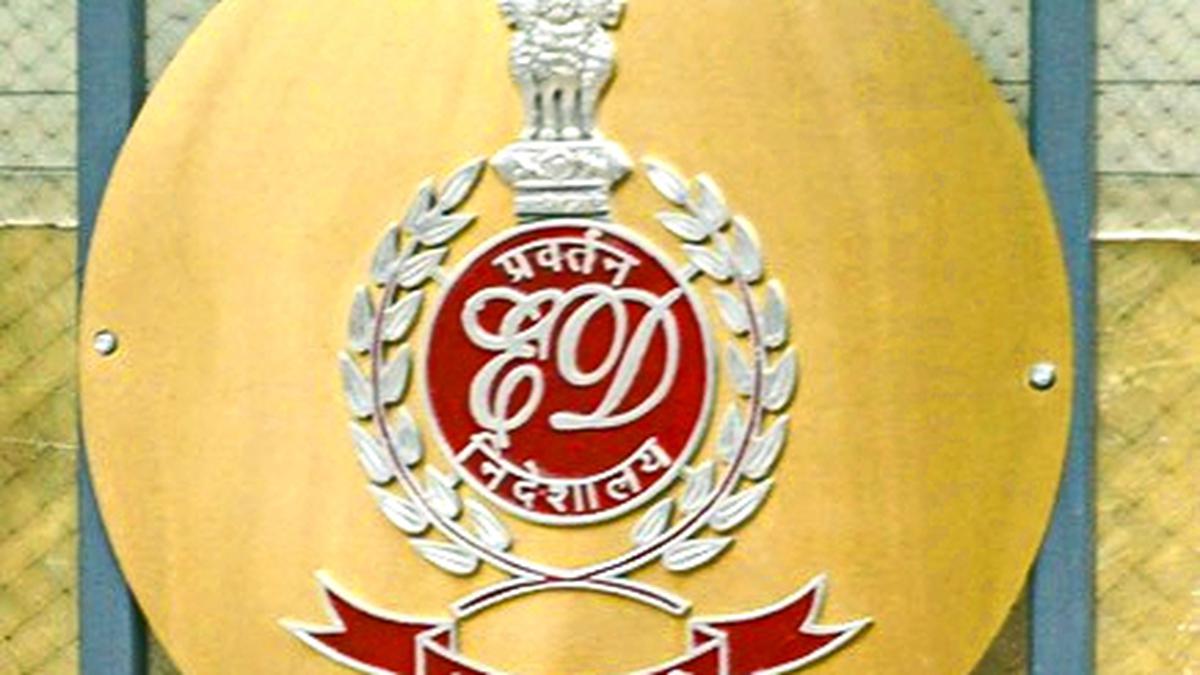
Mahadev betting case: ED seizes assets worth ₹417 crore
The Hindu
The Enforcement Directorate has frozen and seized assets worth ₹417 crore in connection with the Mahadev online betting case
The Enforcement Directorate has frozen and seized assets worth ₹417 crore in connection with the Mahadev online betting case, officials said on September 15. The company promoted by Sourabh Chandrakar and Ravi Uppal, which was running operations from Dubai, was allegedly using the online book betting application to enrol new users, create user IDs and launder money through a layered web of benami bank accounts, they alleged.
"The ED has recently conducted wide spread searches against the money laundering networks linked with Mahadev APP in cities like Kolkata, Bhopal, Mumbai etc. and retrieved large amount of incriminating evidences and has frozen/seized proceeds of crime worth Rs 417 crore," the agency has alleged in a statement. The ED investigation has shown that Mahadev Online Book App is run from a central head office in the UAE, officials said.
It operates by franchising “Panel/Branches” to their known associates on 70-30 per cent profit ratio, the ED said.
Large scale hawala operations are done to siphon off the proceeds of betting to off-shore accounts. Large expenditure in cash is also being done in India for advertising of betting websites to attract new users and franchise (panel) seekers, it said.
The company promoters hail from Bhilai in Chhattisgarh and the Mahadev Online Book Betting application is an umbrella syndicate arranging online platforms for enabling illegal betting websites.













